Mayoral forum gives students a platform to voice their concerns for Aurora
With the mayor election coming up on April 6, Metea, Waubonsie, East Aurora, and West Aurora high schools led a mayoral forum with the three candidates. Students were able to voice their opinions on issues concerning the city of Aurora.
March 17, 2021
Students from Waubonsie Valley, Metea Valley, East Aurora, and West Aurora high schools led a mayoral forum on Zoom on March 15. There are three running candidates for the position of mayor: Richard Irvin, Judd Lofchie, and John Laesch. The forum provided students a platform to express their concerns to these candidates, highlighting topics such as funding, climate change, and racial divisions within Aurora.
“We believe that it is important to understand who will be leading our people for the next four years,” West Aurora junior Melissa Flores said.
Candidate and current mayor, Richard Irvin, described how he intends to continue providing support to schools in his city.
“One of the first things I did when I became mayor was create the education commission,” Irvin said. “My plan is never to cut taxes in a way that would force school districts to struggle.”
However, certain schools in the city, like East Aurora, are currently underfinanced. According to the Illinois Report Card, East Aurora only meets “61.03% of adequacy” when it comes to proper funding. Each candidate described their plan to combat the disparities between school districts within the city.
“My plan is a matter of economic development,” Irvin said. “As soon as I became mayor, the first thing I did was start doing economic development on the east side… No mayor before this administration has ever looked at the east side and recognized the value of lifting it up.”
Judd Lofchie, the former president of the Aurora Rotary Club and current Alderman, spoke from his experience with city planning. He agreed with Irvin’s dedication to economic development.
“I have brought in thirty businesses, and I know we need to streamline our process [of economic development],” Lofchie said. “The city needs to sell the properties that we do not need so we can put them back on the tax rolls. I would cut wasteful spending and only invest in things that bring in return.”
John Laesch, a former member of the District 131 school board, took a different approach to funding infrastructure and improving school districts.
“The current mayor believes that we are going to bring more taxes through these development projects,” Laesch said. “But we also have to recognize that these multi-million dollar projects take money out of taxpayers’ pockets… It is hard to say if we will ever see that tax money come back.”
Irvin countered Laesch’s claim, expressing that economic development funds come out of city developers’ pockets, not residents’. Irvin supported raising the value of Aurora, which he felt would increase the quality of school districts as a whole. When it came to climate change, Irvin took a less optimistic approach.
“I absolutely believe we should all do our part to help the environment,” Irvin said. “Unfortunately, that is not the role of our local government… A mayor has to focus on police, fire, water, making sure potholes are filled… Anyone that says the role of the mayor is to run around the country and fight for green energy is someone who does not understand municipal government.”
Because installing greener energy resources takes up so much of the city budget, Irvin believes it is unrealistic to expect local government to solve a macroscale issue on a microlevel.
“Where is that money going to come from other than raising our residents’ taxes?” Irvin said. “We all have to do our part. I worked with my team to turn vehicles over to all-electric over the next ten years, but it does not happen overnight. We need to find the money somewhere.”
However, Laesch believes that despite the financial limitations, environmental control is the responsibility of the city government.
“This is 100% the role of city government,” Laesch said. “The city of Burlington, Vermont has moved to 100% renewable energy. Los Angeles is leading the country in the solar market.”
Where does that leave Aurora? According to the City Sustainability plan, “Within five years (2000-2005), greenhouse gas emissions in Aurora increased by 22.8 percent.” Since then, that number has been increasing.
“I think we need to lead by example,” Lofchie said. “We need to cut down our carbon footprint.”
Laesch outlined his plan at bringing Aurora up to par with more environmentally-conscious cities like Burlington, Vermont. He promised to implement a department of sustainability, use hydro turbans in the Fox River to generate electricity and work with businesses and schools to turn rooftops into solar farms.
“Aurora has a long way to go, but I believe we can become a role-model city,” Laesch said.
Beyond environmental change, candidates also discussed the city’s reactions to the Black Lives Matter protests over the summer. Mayor Irvin defended his decision to finance riot gear for the police force, which he believed was essential.
“As I have sat in the situation and I watched our three hundred police officers facing thirteen hundred rioters downtown destroying our cities, having bricks thrown at them, that is not riot gear, it is protective gear,” Irvin said. “It is my duty as a mayor to protect them.”
Laesch believed the protest over the summer underscored citizen’s mistrust of the police force.
“We need to make our community trust that the person wearing the uniform is not there to haul them off,” Laesch said. “The last thing we need to do is blame the activists.”
Laesch outlined his own plan to correct racial inequities, focusing on creating more economic opportunities, reducing crime, and investing in youth services. Candidate Lofchie took a similar approach, speaking of the possibility of mending broken trust between citizens and the city police force.
“I think the Black Lives Matter movement highlighted racial inequities that have been simmering a long time in our city,” Lofchie said. “We need to work together to recognize that systematic relations exist in our institutions and collaborate on solutions.”
Lofchie knows that open communication between the government and the police is the path towards quelling racial tensions.
“I did not see any back and forth afterward [during Irvin’s forums],” Lofchie said. “We need to collaborate. We need to let the police talk to the people.”
Irvin believes that Aurora has already done an exceptional job at mending disparities. From creating systems that prevent racial profiling among the police and city residents, to holding open forums between the police and municipal, he claimed he has and will continue, to hold his city accountable.
“I believe that BLM’s focus is that Black lives matter too, no more or no less, but matter just as much as any other life,” Irvin said. “Here in Aurora, we have ensured that we have equity across the board.”
While candidates disagreed on fundamental aspects of improving the city, the mayoral forum provided them a platform to address student’s concerns relevant to their city. Candidates believed this was an important way to connect with the city’s youth because they are the ones to inherit Aurora and see the change each candidate promised.
“I encourage you guys to vote if you can, “ Lofchie said. “You guys could change this election.”
Election day will be April 6, and early voting can be done through the DuPage County website. Voting information is available at this website.


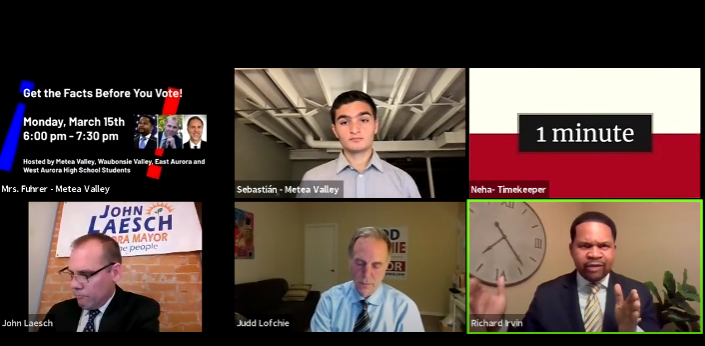
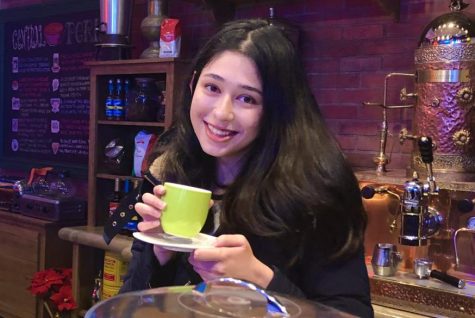
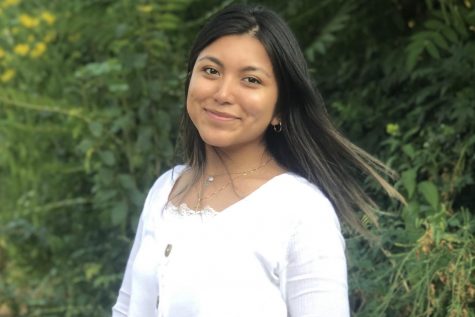
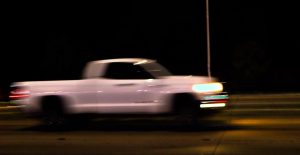
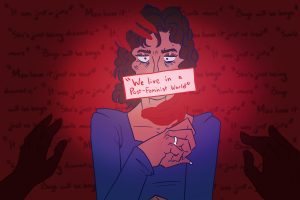
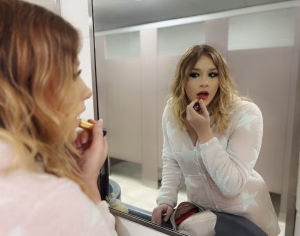
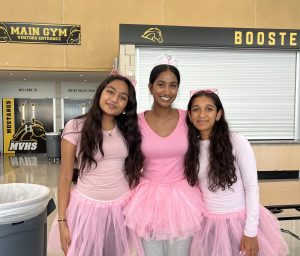
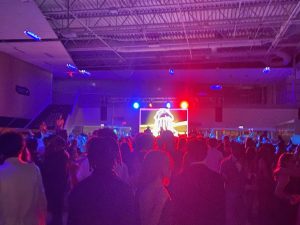
N/A • Mar 2, 2025 at 1:23 am
Paragraph 19 I believe “turbans” is supposed to be “turbines”. Other than that great work and cheers to the whole team at Metea Media